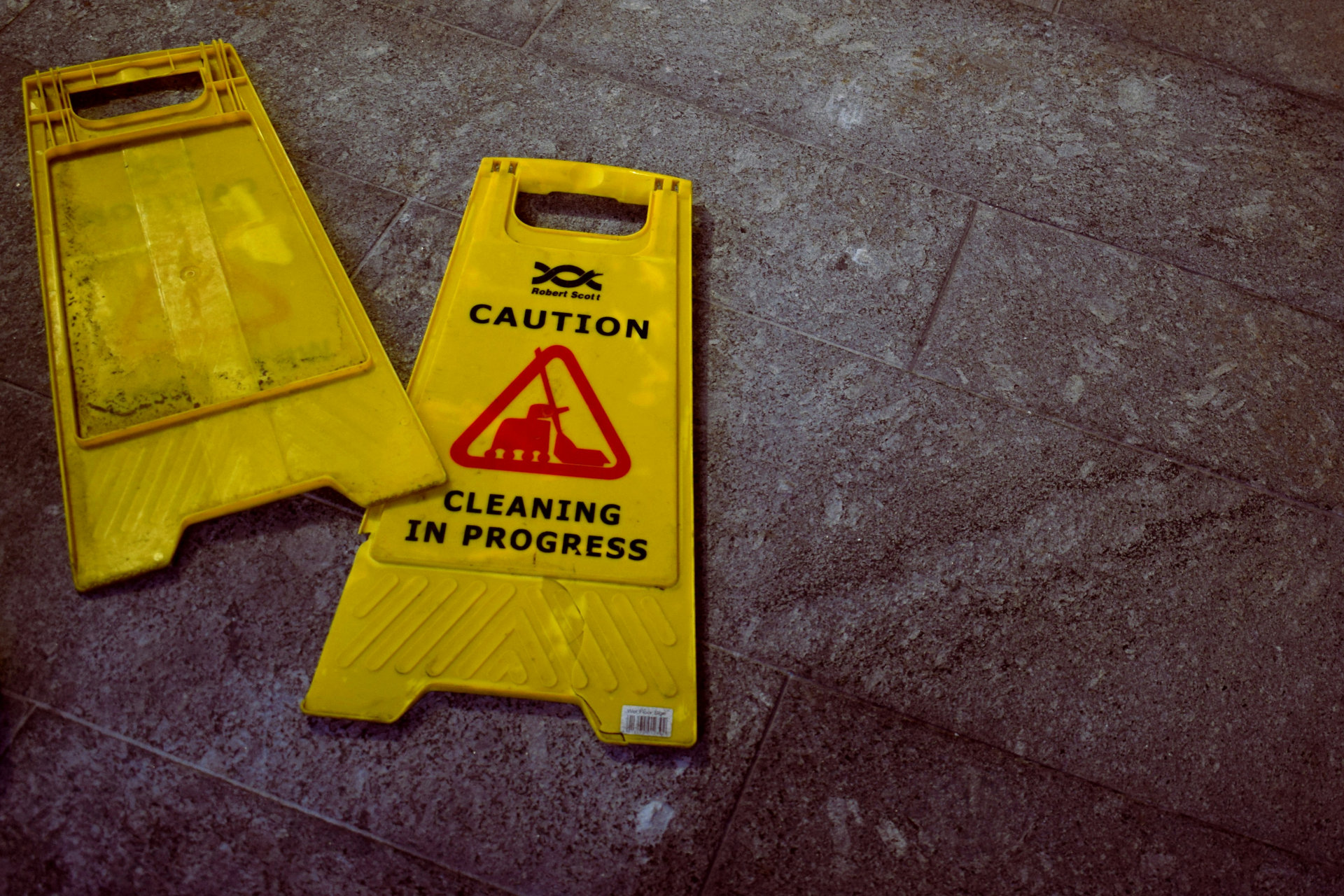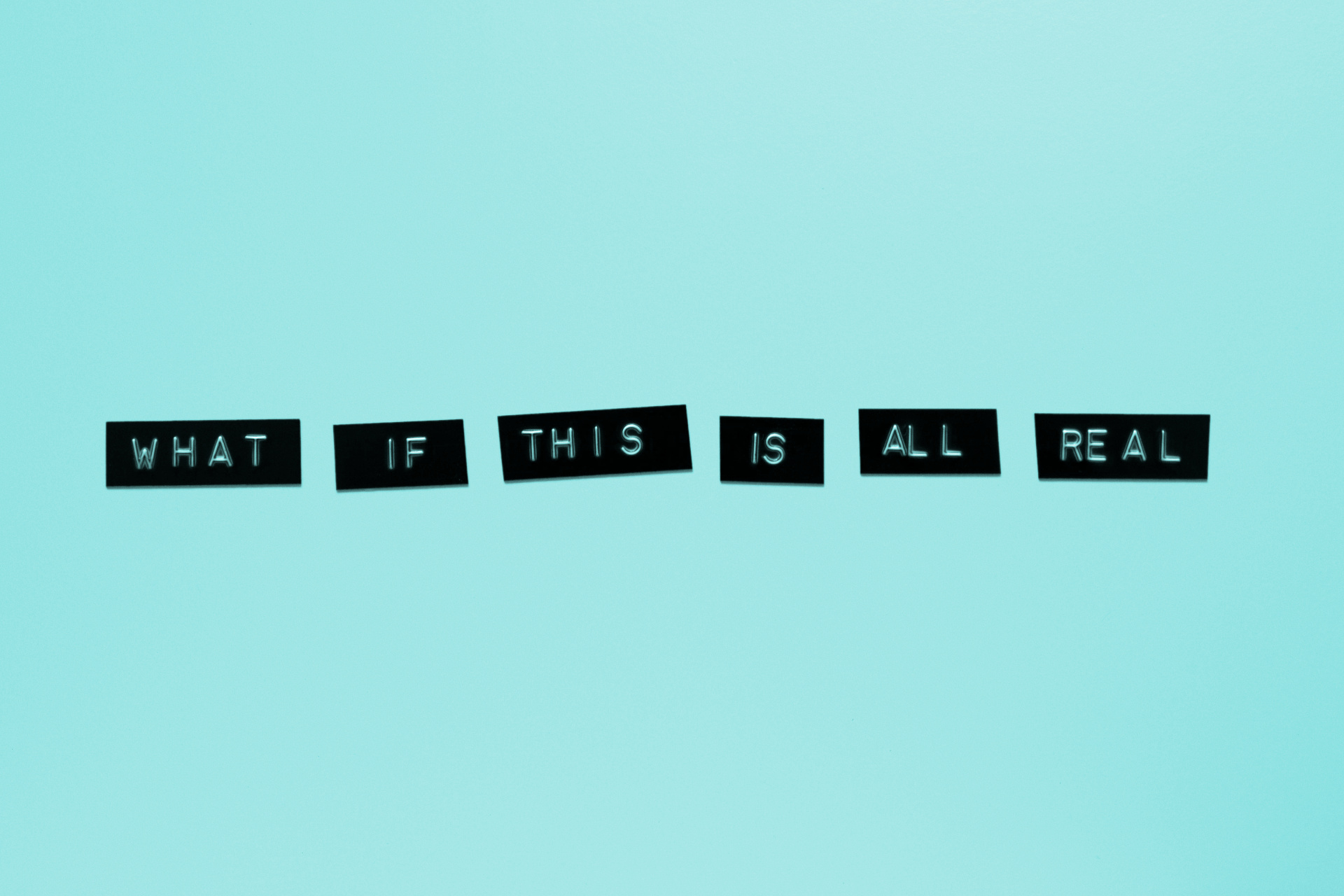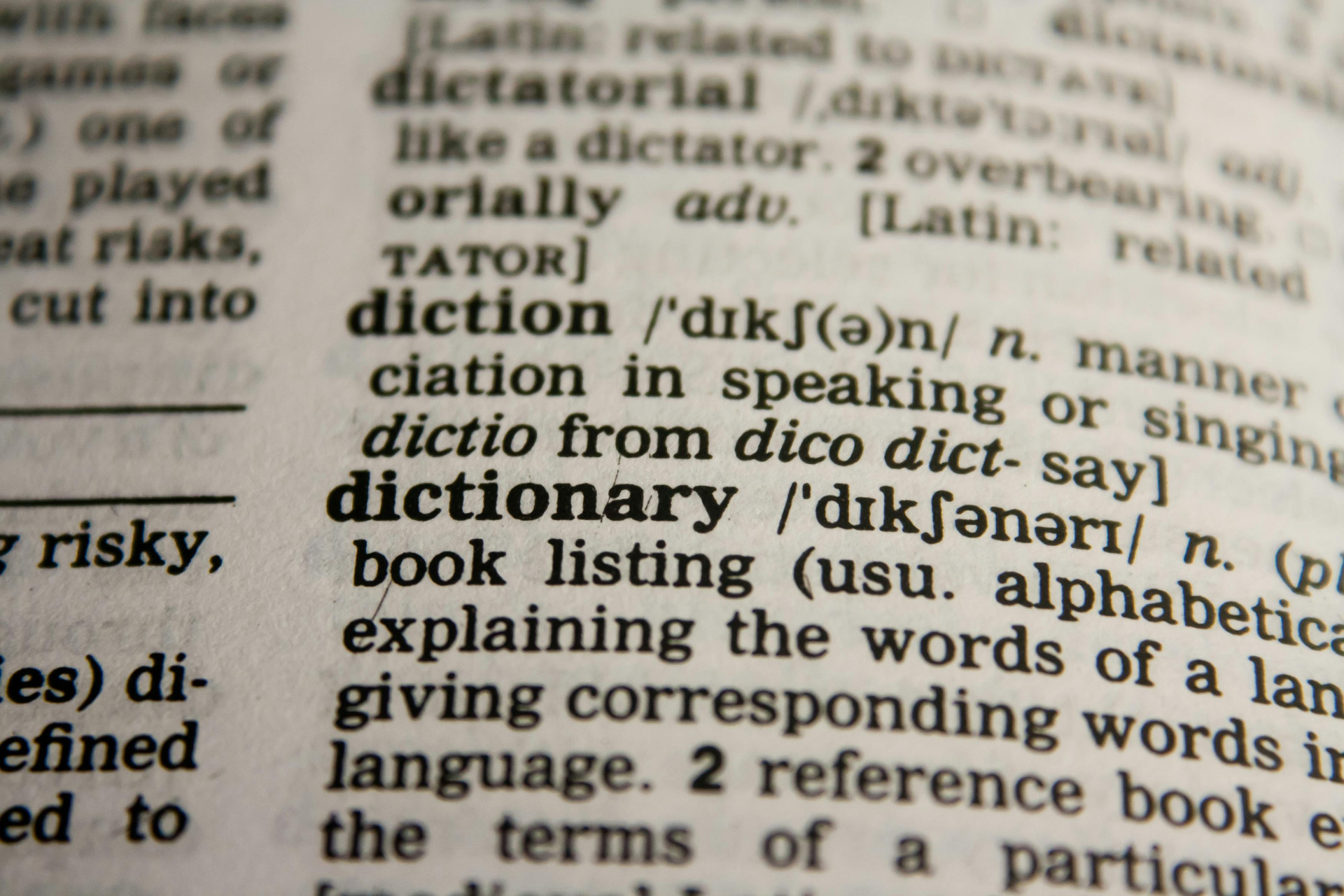A fatal shooting in the United States and a spiritual healing event in the Netherlands. A bullet and a blessing that seem to have nothing in common, yet both emerge from the same “Architecture of the Void”: a world in which loneliness is engineered, common ground is dismantled, and belonging is sold through tribal identities. This essay uncovers the mechanisms at work — the erasure of shared truth, the power of the scapegoat, the seduction of passive participation — and confronts how even those who see the design risk becoming its bricks. It ends not with accusation, but with quiet practices for reintegration: auditing our convictions, withdrawing complicit support, and building commons where tribalism once filled the vacuum. Breaking away from isolation begins here.
If 15–20% of the population are neurodivergent, we’re not talking about exceptions; we’re talking about a substantial part of the human norm. Yet our systems still treat this fifth of humanity as “defective” or “atypical.”
This article explores the paradox: rising recognition of ADHD, autism, dyslexia, Tourette’s, and other forms of cognitive variation, alongside persistent skepticism and stereotypes. It argues that prevalence hasn’t changed, only our ability to see what was always there.
From packed lecture halls in Eindhoven to workplace reports across Europe, the evidence points to a systemic gap: we lack the infrastructure to support and leverage cognitive diversity at scale.
The piece calls for a Cognitive Diversity Enablement Hub — a practical, evidence‑based resource that moves beyond fragmented initiatives and begins designing systems for the 20%, not against them.
I made a sarcastic post about Spotify Wrapped last week. A friend asked why I use Qobuz instead. As I tried to explain, I realised I'd been making similar choices for years without recognising the pattern: Mistral over ChatGPT. Proton over Gmail. Local repair over replacement.
None of these felt like activism. They felt like common sense.
Then I wrote about war economics, and people asked: "What can I actually do? I'm not a policymaker or CEO."
Fair question. So I started mapping the alternatives: European companies turning "this is stupid" into "this could work."
It led me from Qobuz to Mistral AI. From The Ocean Cleanup to Carbyon. Then to Lightyear's solar cars and Notpla's seaweed packaging. Then to dozens of European companies I'd never heard of, all solving problems everyone else had accepted as inevitable.
Each one started with someone refusing to accept the default. I realised I'd stumbled into a pattern: small acts of defiance against extractive systems.
This article is my attempt to show you what I'm seeing. And to answer the question from my war economics piece: "What can we actually do?".
What hit me as I finished writing: I've spent 3500 words celebrating the cleanup crew.
So, it ends with an uncomfortable truth about what we're really celebrating when we praise these "innovations." That postscript is worth the read alone.
Can the EU Save Capitalism and Democracy at the Same Time?
Is there a better way to ensure Europe's investment and capital growth climate?
As Thomas Piketty states, the core engine of modern inequality is arithmetic: the return on capital (r) consistently exceeds the rate of economic growth (g). The structural outcome is an extreme concentration of wealth, threatening market stability and fueling political fragmentation.
Traditionally, this wealth inequality is addressed through taxation (or: re-distribution). But this approach is reactive, often gridlocked by politics, and meets considerable opposition from those who benefit from the current design.
What if we abandon this reactive struggle for a proactive, structural fix? What if re-distribution is changed to pre-distribution?
A "Pan-European Stewardship Statute" could allow for enterprises that do not follow the common corporate model of maximum extraction, but instead mandate worker ownership and protect long-term purpose.
In this article, I dive into the concept of a stewardship model that isn't a rejection of capitalism, but upgrades it to an ethical and sustainable option for cross-border cooperatives.
Is the person you're networking with even real?
What if the company contact you thought was genuinely connecting with you on a human-to-human level in a B2B setting simply does not exist?
This scenario is becoming commonplace. When a company creates a virtual persona and giving a complex system a full name, photo, and even a LinkedIn profile, they aren't just streamlining for efficiency.
They are engaging in a deliberate misrepresentation of professional identity, undermining every claim of authenticity. This form of deception exploits the very foundation of trust that platforms like LinkedIn are built on.
The deception lies not in the use of AI, but in the human decision to exploit the social contract. When a company can't put a real person forward, what does that signal about the value of their team?
The relentless pursuit of systemic efficiency is colliding with the ethical imperative of authenticity. Undisclosed efficiency is rapidly turning into a compliance risk (hello, EU AI Act).
In this article on Faux Human Ecosystems, we explore why and how companies must consider radical transparency over synthetic advantage.
I am upset. Agitated, if you will.
And normally I wouldn't share that here, but now I feel compelled to do so. It concerns a subject that I would never really address on a public and professional medium like LinkedIn.
It's about morality. And it's about politics.
More importantly, it's about systemic behavior. About how we, as individuals, but also in our work and with our companies, deal with morality. And what we allow to happen.
It's a critical reflection on how we, as a society, are sliding toward a sick world. I draw comparisons between business and politics, between systemic abuse and how far removed we seem to be from natural behavior.
So. I am upset. Agitated.
But at the same time, if you can believe it, not pessimistic.
Some people are driven by goals. Others by questions.
Most business frameworks only recognise the first group.
What happens when our systems misread motivation?
What if the person who keeps asking why is motivated differently?
We’ve learned to detect goal-driven energy: needs, emotions, actions. But there’s another level we rarely register: curiosity without a goal, exploration without urgency. So, it seems, our motivational models may be precise but incomplete. This is what “The Lateral Motive” explores: why our frameworks miss half the story, and what becomes visible when we start paving the desire paths people actually walk.
The Most Urgent Precision Work Isn't in the Cleanroom. It's in the Narrative.
Brainport's success is an undeniable miracle of engineering. But on an Austrian mountain top recently, I was reminded how fundamentally illegible this miracle remains to the world around us.
Simply explaining what Brainport is, and which companies are part of it, is not nearly enough. Certainly not in Europe, not even in the region itself.
People see ASML expanding with new buildings and they encounter foreign workers in daily life. They see the consequence. They do not see the Hidden Choreography of specialized firms whose synchronization enables the growth of an industry and the growth of a region.
This disconnect is more than a communication gap. It is a strategic failure of institutional maturity that carries an accumulating cost: the comprehension deficit.
If we, the architects of this technological powerhouse, cannot translate nanometer precision into compelling human consequence, we risk losing the community support and political stability needed to operate.
What we perceive isn't necessarily what is real; it's what our mind allows us to experience as real.
The recurring gap between what is promised and what is perceived, led me to develop a systemic framework I call the Perceptive Influence Model — PIM for short, or 'Perceptie Invloed Model' in Dutch.
It is not just a marketing tool. It's part of a broader practice: a way to explore the distance between intention and interpretation. Whether applied to a brand, a public institution, or a hiring process, it extends into collaborative research and brand diagnostics.
It is less about managing perception and more about understanding it. It serves as a shift from projection to reflection.
Can we expand our 'Cultural Operating System' by embracing linguistic differences? And what's the tangible business benefit of an expanded vocabulary?
There are words in every language that have no direct translation. They don't just describe reality; they encapsulate complex concepts, feelings, or states of being uniquely rooted in cultural experience. These linguistic differences act as small, powerful windows into how communities think, feel, and organize their world.
Language, therefore, doesn't just describe our reality; it fundamentally shapes how we perceive, value, and organize our society. It's more than just words; it's the backbone of thought itself. This realization is key to unlocking the true potential of multicultural collaboration and forming successful, profound partnerships across borders.
Services are no longer competing to win you over; they are competing to lock you in. Prices rise not out of necessity, but because they can. Advertisements return because the model demands them.
What begins as rebellion against old incumbents ends as a reshaping of incumbency itself. The platforms that once styled themselves liberators become the new rulers, wielding the same economic power by different means.
The disruption phase is not an illusion; it creates real value. It democratizes access. It forces incumbents to innovate. It drives cultural, technological, and behavioral shifts that outlast the golden years.
Neuroscience has shown that our memories do not stand alone like neatly stacked files. Instead, they cluster into constellations. Similar experiences fuse into unified sentiments. That is why a single song can bring back not just one afternoon, but a whole season of life.
This is especially powerful in what researchers, such as cognitive psychologist David Rubin, call the ‘Reminiscence Bump’; the period in our teens and early twenties (roughly 10 to 25) when experiences are most vividly etched into memory. During this time, our brains are particularly adept at forming lasting memories, which is why the music we listen to during these years often has a profound impact on us later in life.
Trust is a fragile currency. It takes time to earn, yet it can evaporate in an instant. Dishonesty is the quickest way to kill it, and obfuscation often functions as the proverbial smoking gun. The moment people feel left out of the conversation, being ignored, when their voice no longer seems to matter, the erosion begins. Doubt is the first fissure, disengagement the widening crack, and betrayal the collapse.
Those who feel betrayed rarely return as partners. More often, they become and remain obstacles. Regaining trust is not just difficult; it may be impossible.
We let ourselves get captured. Not physically, but psychologically; by forces that benefit from our division. We react to provocations, defend against narratives, and need to organize our thinking around agendas. We're distracted by the noise of conflict while the real issues are swept under the rug.
Consensus-based decision-making leads to greater commitment and more durable outcomes because the process itself builds trust and collective ownership.
What would it look like when we'd apply this process to larger conflicts? Instead of trying to defeat opposing viewpoints, what if we focused on understanding the underlying concerns that give rise to them?
There's a moment when the curtain falls away from complexity, revealing the elegant machinery underneath. It’s part of my daily professional life, and it’s very rewarding to see a “Wizard of Oz”-like revelation, when all elements fall into place and all starts to make sense to everyone involved.
In a personal setting, it recently happened to me, holding two identical documents: pre-sales offers from competing energy suppliers that differed only in logo and color use. Everything else, from layout and typography to phrasing and discount calculations, was mirror-perfect. This couldn’t be coincidence. This seemed choreography.














